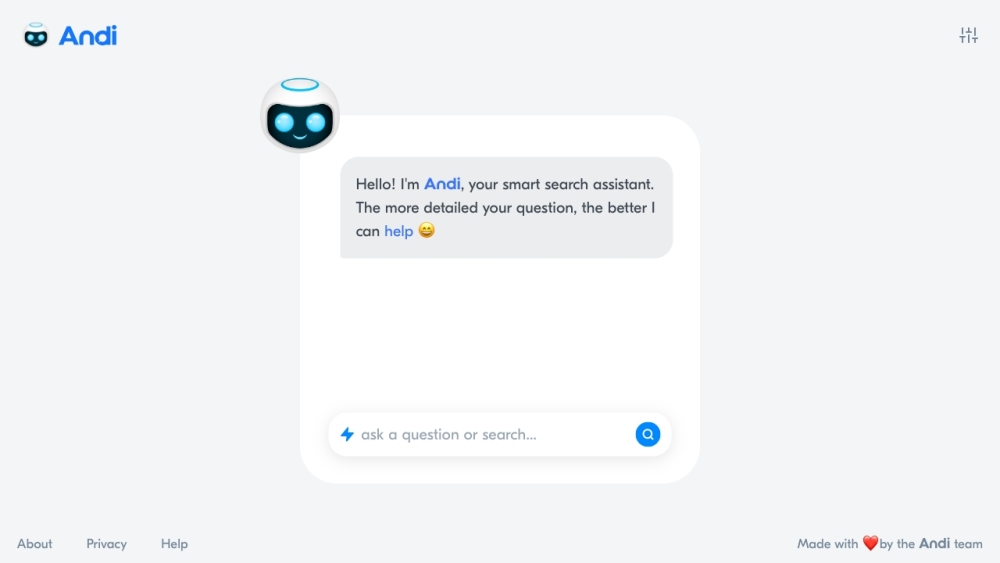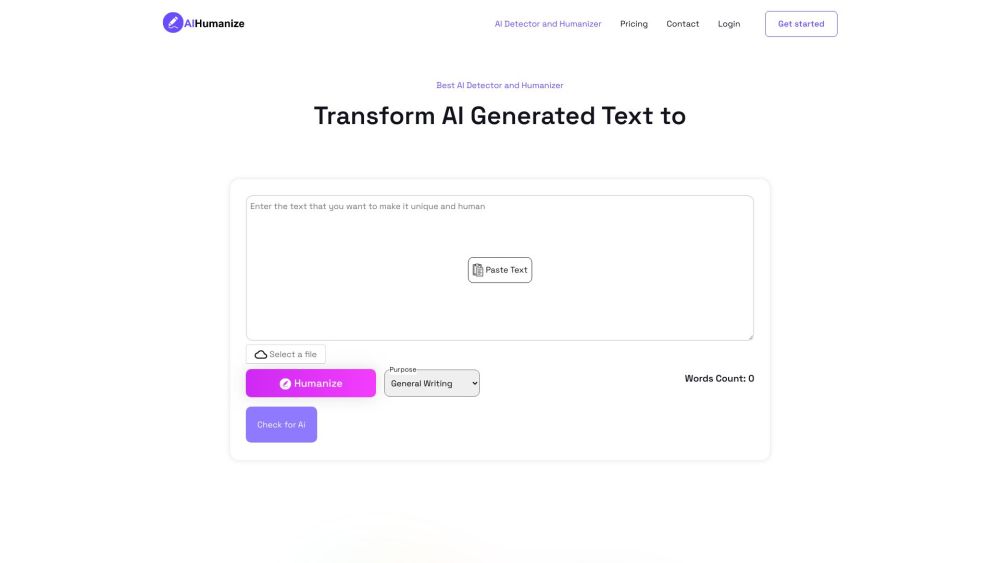The U.S. Copyright Office has released the first segment of a report examining the impact of artificial intelligence (AI) on copyright law. Its foremost recommendation emphasizes the urgent need for new legislation to define and address AI-driven impersonation.
“It is evident that the spread of unauthorized digital replicas poses a significant threat not only in the entertainment and political sectors but also for everyday individuals,” stated Shira Perlmutter, the agency’s director, in a report announcement. “We believe there is an immediate need for effective nationwide protections against the potential damage to reputations and livelihoods.”
This report, the first of multiple parts, highlights the critical intersection of AI and intellectual property rights—a realm that includes an individual’s right to control their own identity. While individuals need to file a copyright claim to prevent unauthorized use of their likeness, questions arise regarding the status of AI-generated reproductions.
Just a few years ago, crafting a “digital replica,” as referred to by the Copyright Office, required significant time and resources, primarily limiting such creations to public figures like politicians and celebrities. However, with only a few videos and publicly available social media posts, anyone can now easily and affordably generate a convincing virtual version of themselves. This shift raises new concerns for misuse, as highlighted by the FCC and other federal agencies.
The Copyright Office, primarily focused on intellectual property issues, recognized the potential for harm during its inquiry, which included a public comment solicitation last year. A spokesperson for the agency emphasized that their decision to prioritize this aspect of the report reflects the urgency of the situation. They stated: “We analyzed comments, conducted further research, and consulted with other agencies. Based on this feedback, we concluded that new legislation is necessary. The speed, precision, and scale of AI-generated digital replicas require prompt federal action.”
The call for new legislation is not a novel sentiment, as Congress is currently addressing this pressing issue. In fact, while drafting this article, a bill addressing these concerns was officially introduced, following extensive discussions as a draft.
The Copyright Office’s recommendations offer crucial nuances that should be reflected in proposed legislation. Some key points from the report include:
- Liability should arise from distributing or making an unauthorized digital replica available, rather than just from its creation. This liability should encompass both commercial and personal harm.
- Protections should last at least the individual’s lifetime, with any posthumous protection being temporary, but potentially extendable if the individual’s likeness remains exploited.
- Legislation should include a safe harbor provision to encourage online service providers to remove unauthorized digital replicas upon receiving effective notice.
Given the established state rights of publicity and privacy, the Copyright Office does not recommend comprehensive federal preemption; rather, federal law should establish a baseline of consistent protections while allowing states to provide additional safeguards.
Interestingly, this approach resembles existing copyright laws. The Copyright Office proposes that one’s likeness—defined as being “difficult to distinguish from authentic depictions”—should receive basic federal protections akin to those for a photograph or song. However, unlike a song, a likeness raises privacy and identity concerns that some states address with additional regulations, such as Illinois’ Biometric Information Privacy Act (BIPA) and California’s Consumer Privacy Act (CCPA).
While the Copyright Office's perspective is steeped in its domain of expertise, it remains tied to broader human rights and ethical considerations. Those drafting new "digital replica" legislation would be wise to build upon effective existing laws rather than starting from scratch.






